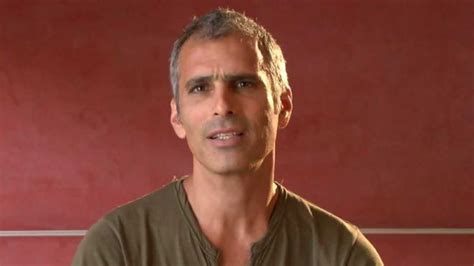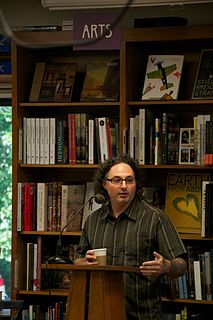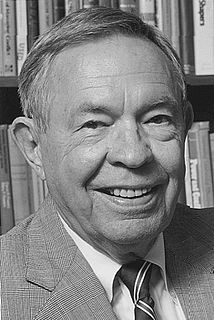A Quote by Bryan Kest
I do not believe you could intellectually comprehend all the different forces playing upon us. Yet what you can do is become very silent, so you are not distracted and then begin to feel how these forces playing upon us are affecting us, and according to how we feel, we can then make intelligent decisions as to how far, how deep, how much, we explore in any pose.
Related Quotes
Sexuality is a place where people are very vulnerable and can be experiencing and embodying very raw forces that they don't really understand and there's a question of how much you should control and how much you should play with those and what those forces really are, how you really feel about them. That's perennial.
The deeper reality is that I’m not sure if what I do is real. I usually believe that I’m certain about how I feel, but that seems naive. How do we know how we feel?…There is almost certainly a constructed schism between (a) how I feel, and (b) how I think I feel. There’s probably a third level, too—how I want to think I feel.
All we can do as women is make the best decisions for us. And that includes everything from how you look to how you dress to whether you choose to stay at home or work when you have kids. All those decisions are so personal, and we have to start with finding what brings us joy and what brings us our own individual confidence. And if we're feeling good with those choices, then it makes what everybody else has to say less important.
On to the Next Dream became about much more than me facing a challenging situation; it became about how all of us feel when we're thrust unexpectedly into change. It's about how we all hold onto personalized visions of our lives, our city, and our culture, and what we do when reality forces us to confront the impermanence of those visions.
It is one of those simple but beautiful paradoxes of life: When a person feels that he is truly accepted by another, as he is, then he is freed to move from there and to begin to think about how he wants to change, how we wants to grow, how he can become different, how he might become more of what he is capable of being.
It is the forces of the universe that make human beings fall ill. Having learnt to recognize how sun qualities and moon qualities live in plants, animals and minerals, we discover how we can find counterforces and also individual natural forces that point us towards medicines for specific internal illnesses.
What does it matter how cultivated and up-to-date we are, or how many thousands of books we’ve read? What matters is how we feel, how we see, what we do after reading; whether the street and the clouds and the existence of others mean anything to us; whether reading makes us, physically, more alive.

































